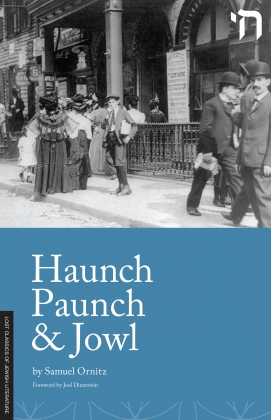
King Leopold's Soliloquy
Description
In Mark Twain’s satire, a raving King Leopold of Belgium launches an impassioned defense of his gruesome policies in Africa, claiming his divine right to brutalize the Congolese people. A scathing condemnation of imperialism and the violence that it incites, Twain’s words retain all of their vitriol over a century later. For years this remarkable work, which lead the first international campaign for human rights, has only been reproduced in low-quality facsimile. Using the original 1905 release, The University of New Orleans Press has restored the manuscript with new typesetting and archival photographs. In a new introduction, Dr. Hunt Hawkins provides crucial insight into Twain’s mindset as he pushes for social reform. Although Twain likely never knew the impact of his campaign, King Leopold’s Soliloquy remains a hallmark of anti-imperialist rhetoric and a testament to the power of Twain’s words.
Author Bio
Hunt Hawkins is Professor and Chair of the English Department at the University of South Florida. He has published extensively on Mark Twain as well as Joseph Conrad, E. M. Forster, James Joyce, Chinua Achebe, and Aime Cesaire on topics involving imperialism, particularly in the Congo. Previously he has taught at Kurasini College in Tanzania, Texas Southern University, Stanford, University of Minnesota, and Florida State University. He has also served as President of the South Atlantic Modern Language Association.
Mark Twain (1835-1910) is one of the originators of the modern American novel.





